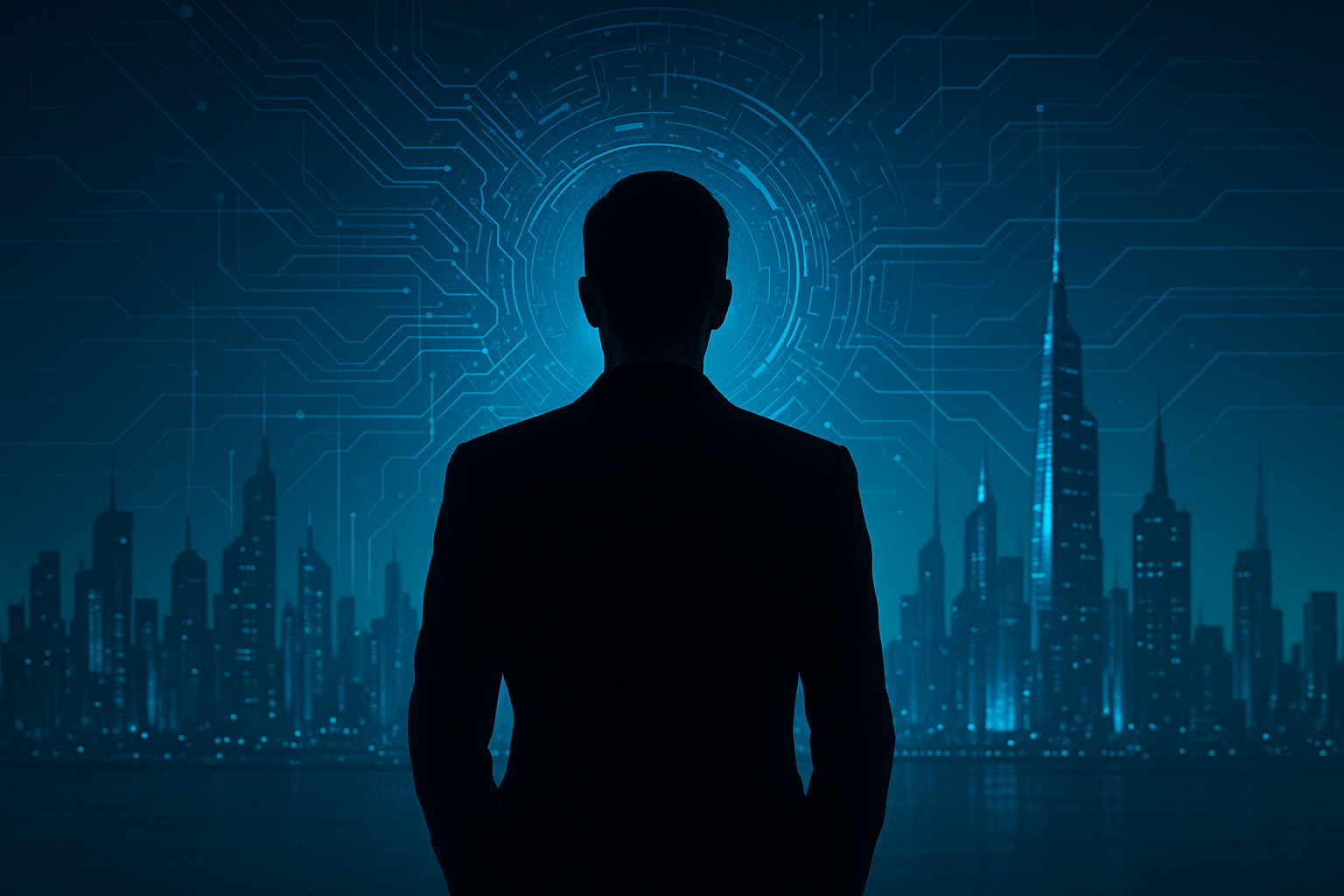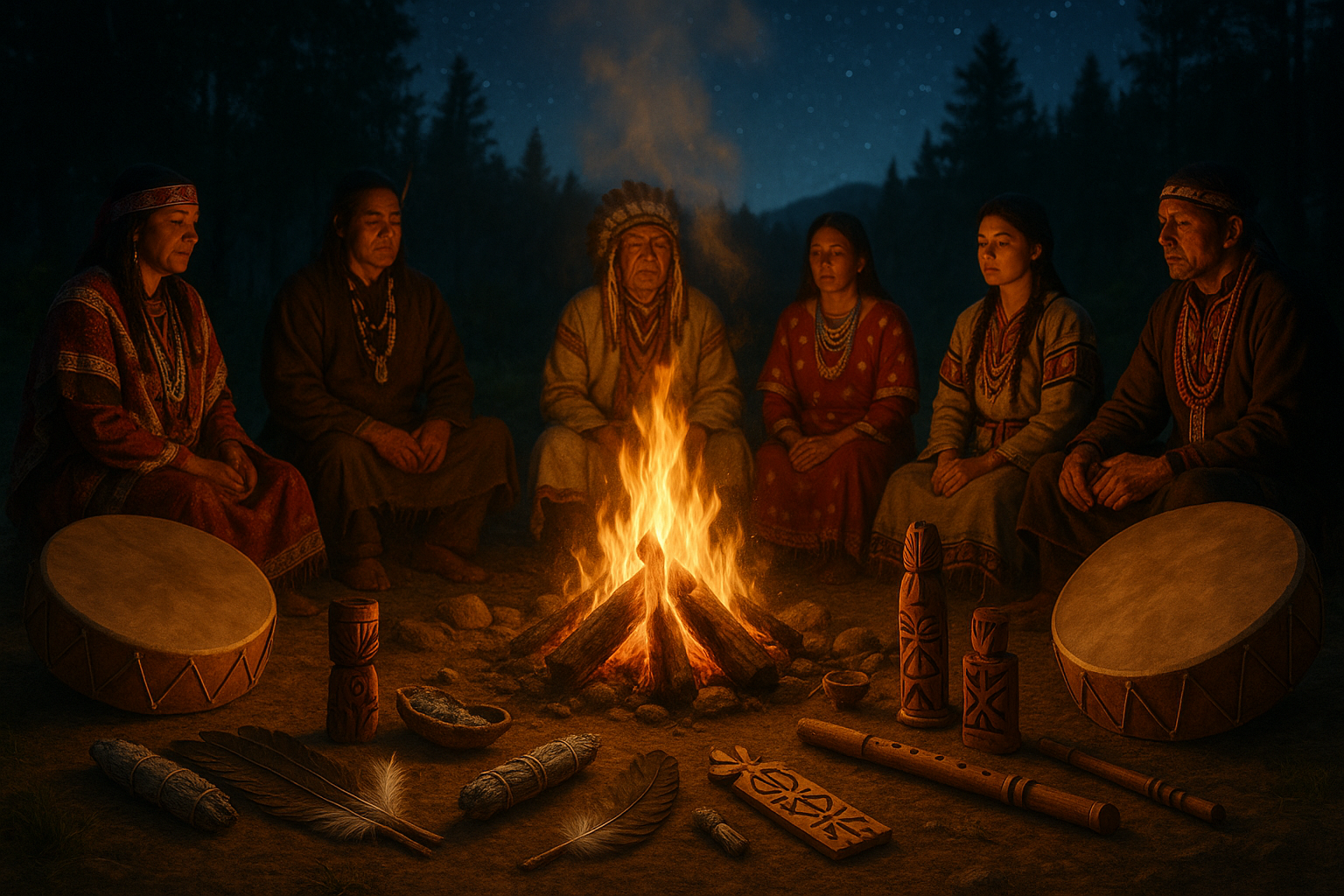Article: The Ethics of Power: Between Progress and Responsibility

The Ethics of Power: Between Progress and Responsibility
Power is no longer something you can point to in a palace or a parliament. It hides in invisible networks of data, algorithms, and capital flows. The dials being turned today are barely visible—and yet they can determine the fate of entire societies.
Tech billionaires like Noah in Vulnerable Balance symbolize this shift. Their choices seem visionary, but simultaneously bear the shadow of ethical dilemmas. Because the greater the reach of their influence, the more diffuse the question becomes: who actually defines progress?
Progress or facade?
Much technology is presented as a savior for humanity: AI that solves diseases, space travel that gives us a second chance, genetic engineering that reduces suffering. But progress is rarely neutral. Behind every project lies a worldview: about who matters, who has access, and who is left behind.
The question, then, is not just what is being developed, but why . In whose interest are the boundaries of possibility being pushed? And what remains unsaid or unseen, while the spotlight is on grand visions?
The paradox of power
The more power someone has, the less directly they experience the consequences of their decisions. It is this paradox that grips Noah in Vulnerable Balance : his capacity to build and change grows, but his connection to the human dimension fades. Control, it turns out, doesn't provide security, but rather creates a fragile balance.
This is perhaps the essence of power today: it increases possibilities, but also the distance to responsibility.
Without counterforce
One of the most dangerous aspects of modern power is that it grows faster than the countervailing forces that should constrain it. Legislation, ethical frameworks, public debates—they all lag behind the speed of innovation. While societies are still debating, entrepreneurs are already taking irreversible steps.
This raises uncomfortable questions. Who decides whether a brain implant that reads minds is desirable? Who decides whether colonizing Mars takes priority over restoring Earth? The lack of countervailing power makes it not only great, but also fragile.
Power as moral space
Perhaps the discussion ultimately becomes less about technology than about moral space. About whether those in power are willing to view their positions as a responsibility rather than a privilege. About the willingness to ask not just: What can I make?, but also: What should I be allowed to make?
Noah and Nuwara in Vulnerable Balance embody this tension. While Noah becomes increasingly detached from the consequences of his choices, Nuwara seeks connection with his ancestors, the earth, and community. Together they demonstrate that the future revolves not only around new technology, but also around old questions: what does it mean to be human, and what limits do we want to impose on ourselves?
